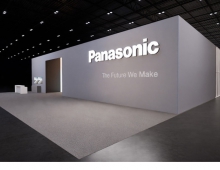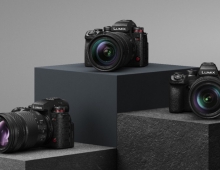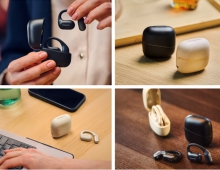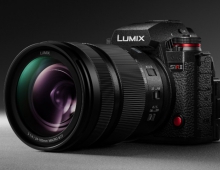
Toyota and Panasonic to Start Study on Automotive Prismatic Battery Business
Toyota Motor and Panasonic have agreed to begin studying the feasibility of a joint automotive prismatic battery business.
The two Japanese companies target further advancements in automotive batteries, which are crucial technologies in electrified vehicles.
The announcement builds on an existing agreement under which Panasonic manufactures batteries for Toyota's gasoline-electric and plug-in hybrid vehicles.
Through activities such as launching the Prius, the world's first mass production hybrid vehicle (HV), in 1997, and the Mirai fuel cell vehicle (FCV) in 2014, Toyota has a record of taking on difficult challenges. Toyota is working on the development of a full range of environmentally friendly vehicles including HVs, PHVs (plug-in hybrid vehicles), FCVs, and EVs (electric vehicles). The cmpany has said it plans to start marketing pure EVs in the early 2020s.
Panasonic has positioned automotive lithium-ion batteries as one of its key businesses, and its automotive batteries are used by many automakers worldwide. The company is making efforts to further enhance the safety and capacity of its automotive prismatic batteries.
Both companies will consider details of the collaboration with the aim of achieving the best automotive prismatic battery in the industry and, ultimately, contributing to the popularization of Toyota's and other automakers' electrified vehicles.
Panasonic is the main EV battery supplier for Tesla. The electronics firm commands 29 percent of the market for batteries used in plug-in hybrids and EVs, showed Nomura Research data for the first half of 2017.
Nearest rival LG Chem holds 13 percent of the market, followed by China's BYD on 10 percent and Contemporary Amperex Technology Co Ltd at 9 percent.





















